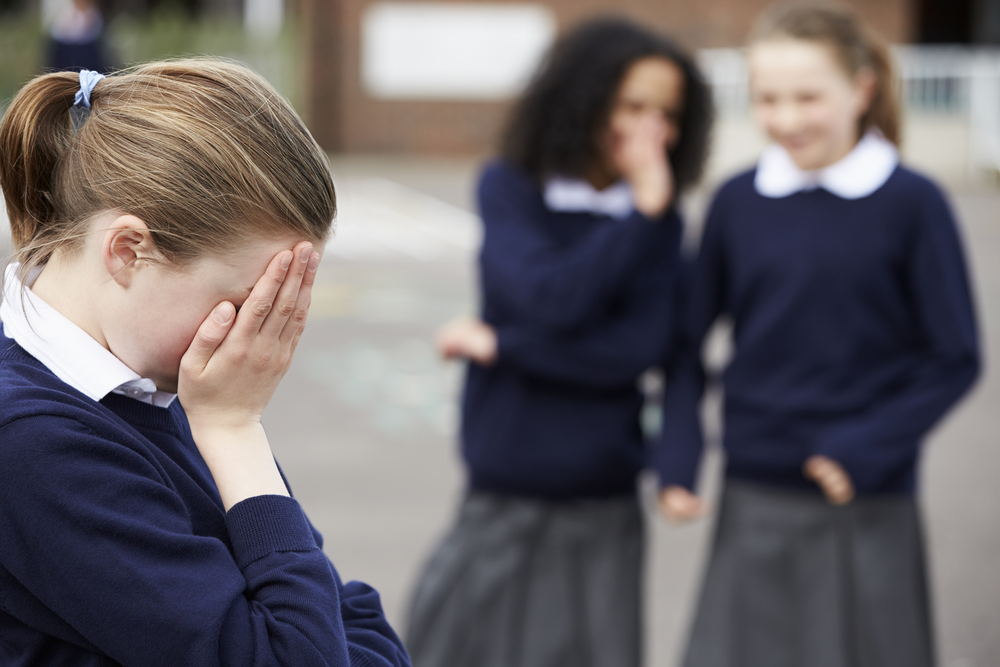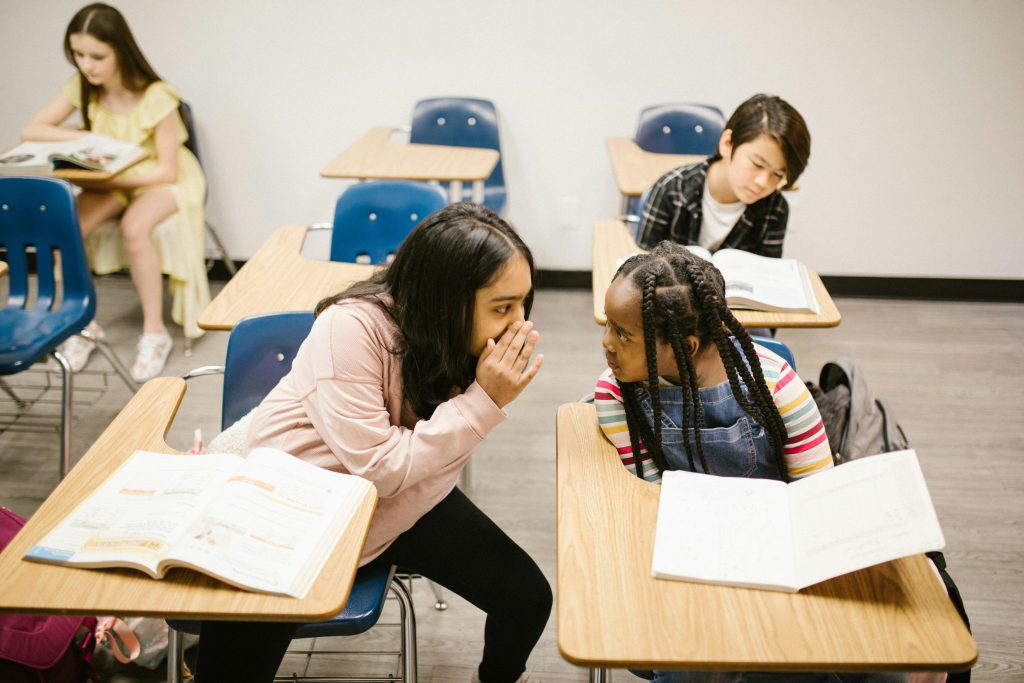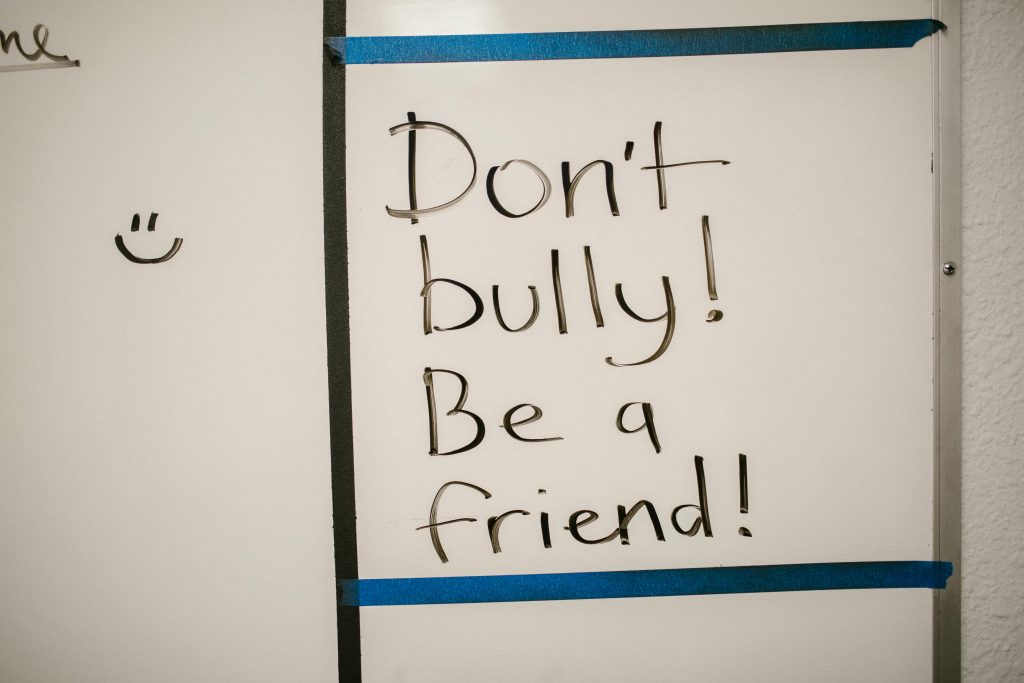NXT The End of Grade Only Admissions in South Korea

South Korea, a nation often defined by its relentless pursuit of academic excellence, is entering a new era where moral character matters as much as test scores. In a country where students sacrifice sleep, leisure, and often their mental health to climb the academic ladder, a quiet revolution is unfolding. Universities are now rejecting applicants with histories of school violence or bullying, a move that has stunned the public, inspired victims, and triggered heated national debate. It’s a story about justice, empathy, and the courage to redefine success.
When Excellence Wasn’t Enough
For decades, South Korea’s education system has been a fierce meritocracy. Students rise before dawn to study, attend school all day, then spend evenings in hagwons private academies that drill them for university entrance exams. The results of one test, the Suneung, can determine a person’s entire life trajectory: which university they attend, what job they can get, even whom they might marry. It’s an environment where achievement has been prized above all else.
But the notion that academic brilliance can overshadow bad behavior shattered in 2023. Former prosecutor Chung Sun-sin, appointed head of South Korea’s National Office of Investigation, resigned within 24 hours of his appointment. Reports revealed that his son had bullied a classmate so viciously that the victim had attempted suicide, yet the boy was admitted to Seoul National University the nation’s most prestigious institutio losing only one point from his 400-point entrance score due to the disciplinary record.
The revelation sparked public outrage. Social media erupted with fury and disbelief. Has South Korea’s education system become so obsessed with success that it overlooks morality? The scandal struck a nerve because it symbolized something larger a culture where power and privilege shield wrongdoing.
Soon after, lawmakers introduced what became known as the “Chung Sun-sin’s Son Prevention Bill,” which required universities to consider school violence records during admissions. It was a bold statement in a society that often equated intelligence with virtue.
Universities Draw the Line

By the 2025 admissions cycle, the change was undeniable. Six of the nation’s ten flagship universities, including Seoul National University and Kyungpook National University, rejected forty-five applicants with documented bullying histories. Kyungpook National University implemented one of the strictest policies in the country: a point deduction system based on the severity of the offense. Minor offenses, such as verbal harassment, led to a ten-point loss. Expulsion-level cases resulted in a staggering 150-point deduction enough to eliminate even the brightest applicants.
“This is not about vengeance,” explained one admissions officer. “It’s about integrity. A university should be a place for learning, not for rewarding cruelty.”
Sungkyunkwan University, one of Korea’s oldest institutions rooted in Confucian ideals, went even further. It began refusing admission to students punished for bullying unless they could prove genuine remorse through interviews, counseling records, or community service. Its evaluation panels now include psychologists, teachers, and law enforcement officials to assess both academic performance and moral growth.
“This policy isn’t about perfection,” a Sungkyunkwan spokesperson said. “It’s about sincerity. We want to know whether applicants understand the pain they caused and what they’ve done to make amends.”
Other institutions quickly followed suit. The Korean Council for University Education, which represents over two hundred universities, endorsed the new moral framework. By 2026, all universities nationwide will be legally required to incorporate disciplinary records into their admissions process. For a society that once defined success solely through exams, it is a radical shift.
The Hidden Wounds of Bullying

Beneath the policy change lies a painful social truth. South Korea has long struggled with endemic bullying and school violence. In classrooms across the nation, psychological torment has often replaced physical fights. A 2025 survey from the Ministry of Education reported that 2.5 percent of students had experienced bullying in the first half of the year the highest figure since 2013. Among elementary school students, the rate rose to 5 percent.
Psychologists describe the nation’s bullying culture as uniquely collective. Professor Keumjoo Kwak of Seoul National University has observed that peer conformity often drives group harassment. “We torment others together,” she explained. “It’s not always one bully and one victim it’s an entire group excluding someone who doesn’t fit in.”
The methods have also evolved. What used to involve physical intimidation has shifted into the digital realm. Cyberbullying now accounts for nearly 8 percent of all reported cases, taking place in group chats, social media posts, or online games. In some cases, bullies create manipulated or deepfake images of victims, spreading them through anonymous channels. The anonymity of the internet allows cruelty to fester unchecked.
The psychological scars are deep. Victims often develop anxiety, depression, and post-traumatic stress. A study by the Korean Institute for Health and Social Affairs found that victims of school violence were three times more likely to consider suicide than their peers. For many, the trauma lasts into adulthood, shaping careers, relationships, and self-esteem. The stories are haunting: students forced to transfer schools, others dropping out entirely, and some who never recover their sense of safety.
Teacher Lee Sang-woo, a member of the Korean Teachers and Education Workers Union, described how victims often remain silent. “They believe nothing will change,” he said. “When we ignore their suffering, we teach everyone the wrong lesson that silence protects you, and power wins.”
Pop Culture and Public Conscience

Ironically, the turning point in the nation’s moral awakening came not from policymakers, but from pop culture. The global success of The Glory, a Netflix drama based on true bullying cases, forced Korean society to confront the brutal reality of its school culture. The show’s protagonist, a woman seeking revenge against her teenage tormentors, resonated deeply with audiences. For many viewers, the fiction felt painfully real.
The show’s influence rippled beyond entertainment. Public discourse about bullying intensified, celebrities faced scrutiny, and past actions resurfaced. Actor Ji Soo admitted to bullying and lost major roles. Rising K-pop star Kim Garam was dropped from her group, Le Sserafim, after allegations emerged. Even The Glory’s own director, Ahn Gil-ho, faced accusations of past bullying and issued a public apology. The message was clear: the nation’s tolerance for cruelty, no matter how distant or glamorous the perpetrator, had reached its limit.
When universities began enforcing stricter admissions standards, they were responding not just to legal mandates but to this collective moral awakening. What had once been viewed as an academic issue became a cultural one—a national effort to rebuild trust and dignity within the education system.
The Legal and Ethical Dilemma

Still, not everyone agrees with the new measures. Critics argue that incorporating disciplinary records into admissions risks punishing teenagers twice for the same offense. Some worry it could permanently label students who might otherwise reform. Parents fear their children’s futures could be ruined by a mistake made at fifteen.
A growing number of wealthy families are turning to specialized law firms for help. These firms advertise “school violence defense” services, offering to minimize penalties, delay record submissions, or appeal decisions. Teachers, meanwhile, find themselves trapped in the middle pressured to discipline fairly while avoiding legal retaliation.
“There is a thin line between justice and vengeance,” one educator observed. “Our challenge is to ensure that discipline leads to reflection, not resentment.”
To address these concerns, universities have introduced mechanisms for rehabilitation. Applicants can submit essays detailing how they have changed, records of counseling, or testimonies from mentors. Some universities even offer conditional admissions for reformed students, allowing them to prove themselves academically and socially before full enrollment.
“This is about accountability, not punishment,” said an admissions officer at Korea University. “We’re not closing doors. We’re opening new paths for those who have genuinely learned from their mistakes.”
Beyond Punishment: The Search for Redemption

Psychologists stress that moral education must accompany disciplinary reform. Dr. Choi Eun-jung, a child psychologist in Seoul, believes that the new admissions policy could reshape Korea’s entire approach to emotional education. “For too long, schools focused on performance and neglected empathy,” she said. “When students learn compassion early, they’re less likely to view others as obstacles.”
Educational experts also argue that moral instruction should not end in youth. With South Korea becoming a super-aged society, many regional universities face declining enrollment. Scholars suggest transforming these institutions into lifelong learning centers where retirees and mid-career workers can pursue new paths. These programs could emphasize ethics, social engagement, and community contribution turning universities into spaces where moral development continues across a lifetime.
Such a transformation would echo programs abroad. The University of Massachusetts Amherst and Arizona State University already run courses designed for senior citizens. If South Korea adopts similar models, it could create universities that educate not only the mind but also the conscience, at every stage of life.
A Lesson That Resonates Globally

The South Korean education revolution is being watched closely worldwide. Other nations facing school violence scandals and academic elitism see lessons in Korea’s response. By holding bullies accountable, Korea challenges a global culture that often prioritizes performance over humanity.
International educators note that the reform’s strength lies in symbolism. Rejecting forty-five applicants might seem minor, but its message reverberates. It tells victims their pain is recognized. It warns bullies that remorse must precede reward. It teaches students that knowledge without compassion is hollow.
Across social media, parents share newfound hope. “For the first time, I feel like schools care about kindness,” wrote one mother in Busan. Another commented, “My son used to think bullying was just teasing. Now he understands it can destroy lives.”
Redefining Success in the 21st Century
South Korea’s education system, once criticized for its intensity, may now be leading a moral renaissance. Teachers report more discussions about ethics and emotional intelligence in classrooms. Schools are hosting workshops on empathy, communication, and bystander intervention. Government programs are funding counseling for victims and offering rehabilitation support for offenders.
By 2026, the legal requirement to review bullying histories will be in full effect. The country’s definition of academic excellence is expanding to include compassion and accountability. For a generation raised to compete, this shift could become the most important lesson of all.
A Moral Awakening
The story of South Korea’s universities rejecting bullies is not just about punishment it’s about transformation. It’s a cultural reckoning born of pain, media, and public courage. It signals a future where universities are more than factories for high-achievers. They are guardians of conscience.
Education has always been about shaping minds. Now, in South Korea, it is also about shaping hearts. By redefining what it means to succeed, the country is teaching the world that true excellence lies not in what students know, but in how they choose to treat one another.
In classrooms and campuses across the nation, a new lesson is being written—not in textbooks, but in the way society defines decency. And this time, it might be the most important lesson of all.


